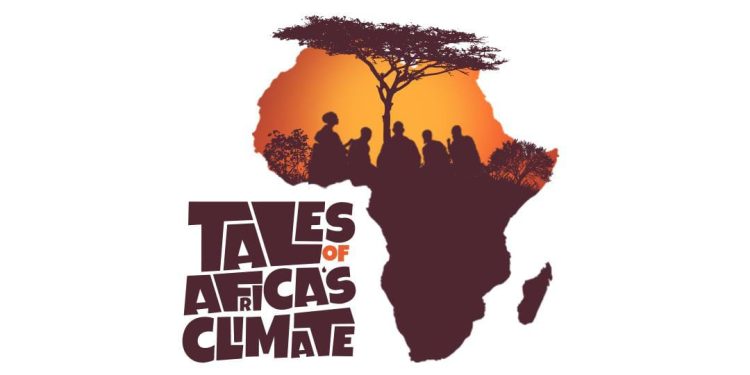The Make Big Polluters Pay (MBPP) has launched the Africa MBBP Storytelling Platform to serve as a space for sharing African stories and experiences in the pursuit of climate justice.The platform was launched during a hybrid press briefing, and it will provide details of the devastating impacts of transnational corporations’ extractive activities, debunk false solutions.
While delivering his opening remark at the launch, Akinbode Oluwafemi, Executive Director of the Corporate Accountability and Public Participation Africa (CAPPA), shared that the platform has been created to tackle frontline stories of the climate crisis across the continent, Oluwafemi said, “climate change affects us all, and it is essential that we give it the attention it deserves.”
He emphasized that Africa, being at the forefront of the crisis, often finds its stories inadequately represented in global discussions, adding that “we are here to ensure that these narratives are articulated and recognized,” he asserted, thanking the editorial team, partners from across Africa, and Corporate Accountability for their support.”
Oluwafemi described the platform’s purpose, saying, “The site will house climate-related stories accessible to everyone. We are weaving these narratives to highlight climate issues and put them in the forefront.” He added,
“This platform is a unique opportunity for African voices to be heard and used for advocacy.”
Helen Neima, a key architect of the project, shared her vision for the platform, stating, “Storytelling is a cornerstone of African identity. By sharing our stories, we aim to foster collective action and climate justice.”She emphasized the importance of amplifying African voices to inspire change and encourage hope among communities facing environmental challenges.
During the official unveiling of the MBBP website, Ndivile Mokoena reiterated the platform’s commitment to marginalized communities, stating, “It will encourage hope and provide insights into resilience.” She underscored the importance of sharing experiences that resonate with the broader challenges posed by climate change.
The webinar also featured a documentary snippet from Ayetoro in Ondo State, showing the community’s struggle against rising waters. A traditional ruler from the area shared an heartfelt testimony about the impacts of climate change on his community, emphasizing the urgent need for action and the significance of amplifying African voices in the climate discourse.
Following the documentary screening, CAPPA team members, Robert Egbe and Zikora Ibeh discussed strategies for maximizing media opportunities in African climate stories. They noted that media plays a crucial role in reaching wide audiences and shaping public perception, but acknowledged challenges such as misinformation and audience apathy.
Egbe and Ibeh stressed the importance of localized storytelling to enhance engagement, stating, “We must adapt our narratives to resonate with local contexts.” They reiterated the need for authentic representation of African experiences so as to counter false narratives and foster a greater understanding of climate issues.
The African Climate Justice Platform will help ensure that African stories are not only heard but also translated into actionable change in the fight against climate change.

